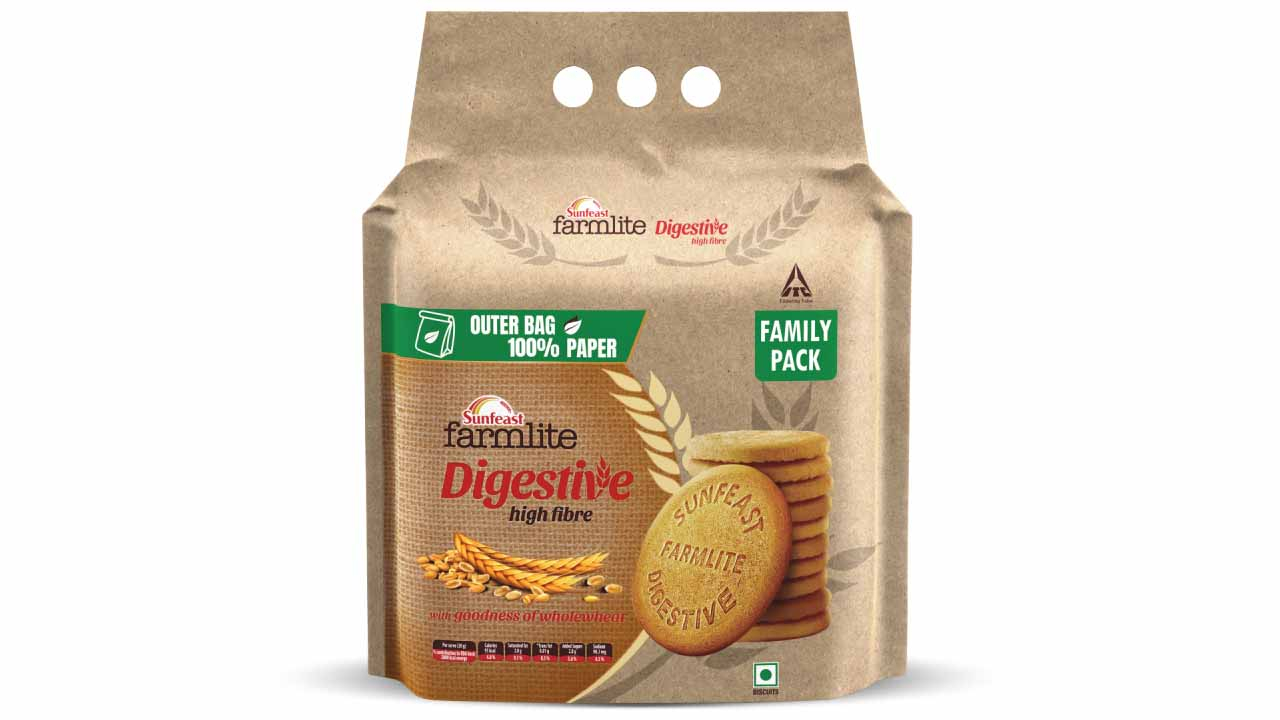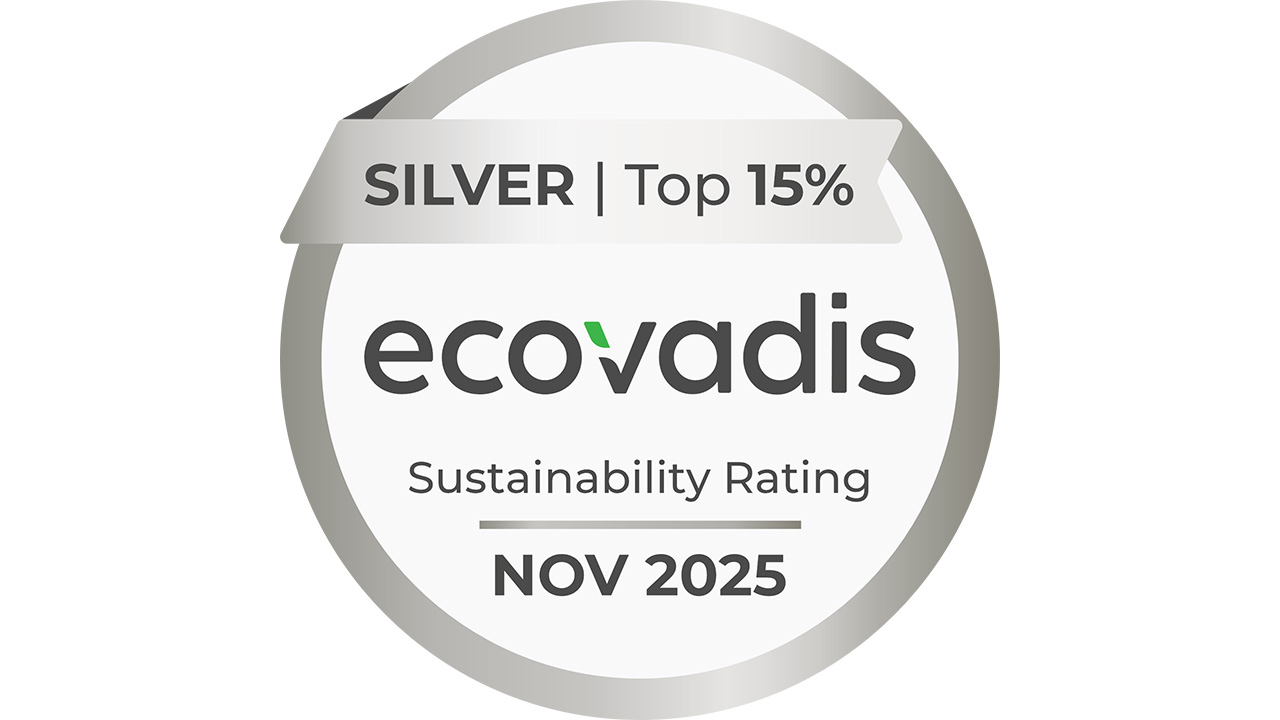ITC improves packaging sustainability across its brands
Indian conglomerate invests in alternative packaging to plastic through innovative product development for varied industries.

Indian conglomerate ITC has reaffirmed its commitment to contribute to India’s initiatives to manage, recycle and replace plastic packaging waste in tune with this year’s World Environment Day theme of ‘Ending Plastic Pollution Globally’.
ITC’s integrated strategy focuses on large-scale and impactful community-based waste management programs as well as investments in sustainable packaging innovations, anchored on a robust three-pronged framework of ‘no plastic, better plastic and less plastic’. This approach encourages ITC to improve recyclability and optimize packaging across its own FMCG brands and also enables it to offer sustainable packaging for a range of consumer industries, replacing plastic with biodegradable materials, designed for recycling.
ITC has achieved plastic neutrality status for four years in a row having collected and sustainably managed 76,000 tons of plastic waste in FY 2024-25. The company’s integrated waste management initiatives have also earned it the distinction of being a solid waste recycling positive enterprise for 18 years.
Going forward, ITC aspires to make 100 percent of its packaging recyclable, reusable, compostable, or biodegradable by 2028, as part of its Sustainability 2.0 Vision.
ITC’s initiatives to curb single-use plastic pollution aim to contribute to the Indian government’s ‘Swachh Bharat’ vision and recent nationwide initiative‘One nation, one mission: end plastic pollution’.
S. Sivakumar, group head – agri and IT businesses and sustainability, ITC, said: ‘As a part of its credo of “Responsible competitiveness”, ITC has adopted a 360-degree approach towards enabling a circular economy. The integrated strategy includes spearheading a number of scalable, replicable and sustainable community-led waste management programs, while also driving a robust sustainable packaging plan anchored on the principle of “No plastic, better plastic and less plastic”. This framework inspires us to innovate and optimize packaging across our businesses and operations, besides offering a range of eco-friendly packaging solutions for various industries.’
ITC’s plastic sustainability model comprises of the three strategic pillars – no plastic, focusing on enabling industry-wide transitioning to sustainable, non-plastic packaging alternatives; better plastic, promoting the use of recyclable plastics and improved circularity in packaging and less plastic, which aims to reduce plastic usage through innovative design and material optimization.
ITC’s ‘no plastic’ approach enables the company’s paperboards and packaging businesses to develop a range of biodegradable paper-based packaging and premium molded fiber products made from plant-based renewable natural fibers. For this, ITC has recently established a molded fiber manufacturing facility in Madhya Pradesh.
Some of ITC’s sustainable packaging brands include the ‘Filo’ series – a range of recyclable, compostable and barrier coated boards suitable for food and beverage applications eliminating the use of plastic filament coatings, ‘Bioseal’ – a bio-compostable food-grade coating, ‘Ecobyte’, a differentiated B2C range of eco-friendly packaging products.
‘No plastic’ packaging innovations in ITC’s FMCG business include the Aashirvaad Khapli Atta pack, which features an eco-friendly dual-layer ‘bag in bag’ design. The outer pack is made of 100 percent paper, while the inner pack is a recyclable pouch, replacing conventional laminated packaging. The Sunfeast Farmlite Core Digestive large pack was launched in a 100 percent paper outer bag.
As part of the ‘Better plastic’ initiatives, ITC’s agarbatti brand Mangaldeep’s 3-in-1 scent portfolio shifted from multi-layered plastic laminates to 100 percent mono-material laminates. Fiama Handwash was launched in a recyclable monolayer pouch, replacing the multi-layered structure. The PET bottles of Fiama Showergel and Handwash contain 50 percent recycled plastic.
Similarly, ‘less plastic’ initiatives include design optimization undertaken for the packaging of Engage deodorant spray cans, which resulted in a reduction of 31 percent in packaging weight.
ITC’s flagship waste management program ‘Well-being out of waste (WOW)’ drives behavioral change and creates awareness about waste segregation among communities in collaboration with urban local bodies. ITC WOW’s outreach spans 29 million citizens across 7.2 million households. The program has supported sustainable livelihoods for over 17,900 waste collectors.
ITC’s ‘Sunhera kal’ social investment program, a community-led decentralized solid waste management model has also been implemented across towns, villages and temples. This program, operational in 34 districts across 12 States, has reached out to over 75,00,000 households. The initiative focuses on minimizing waste to landfill by managing waste at source, promotes plastic circularity among citizens and supports livelihood of rag pickers.
ITC’s Foods brand YiPPee! has launched the ‘Yippee! Better world program’ creating awareness about plastic waste management among students. During 2024-25, the intervention reached out to 14,00,000 children across 4,175 schools. This initiative, along with ITC’s social investments program has, provided schools with over 1,125 benches and tables and 350 sports kits made from recycled plastic.
In line with its ethos of ‘Responsible luxury’, ITC Hotels has also reduced usage of single-use plastic from 150 touch points across hotel operations, helping eliminate nearly 2,50,000kg of plastic per year.
Stay up to date
Subscribe to the free Label News newsletter and receive the latest content every week. We'll never share your email address.

